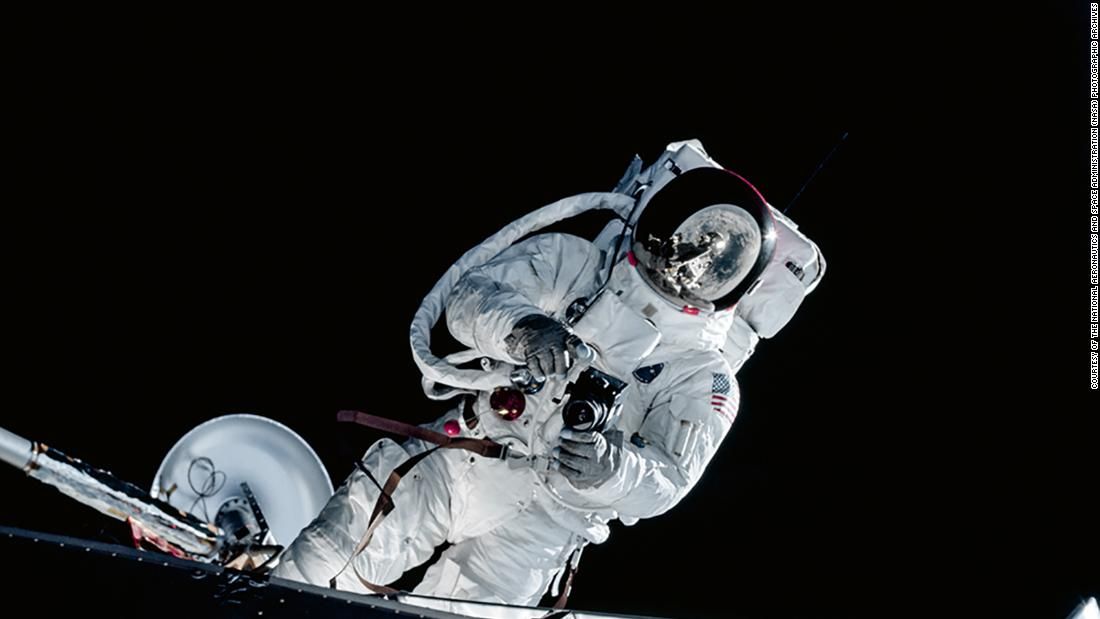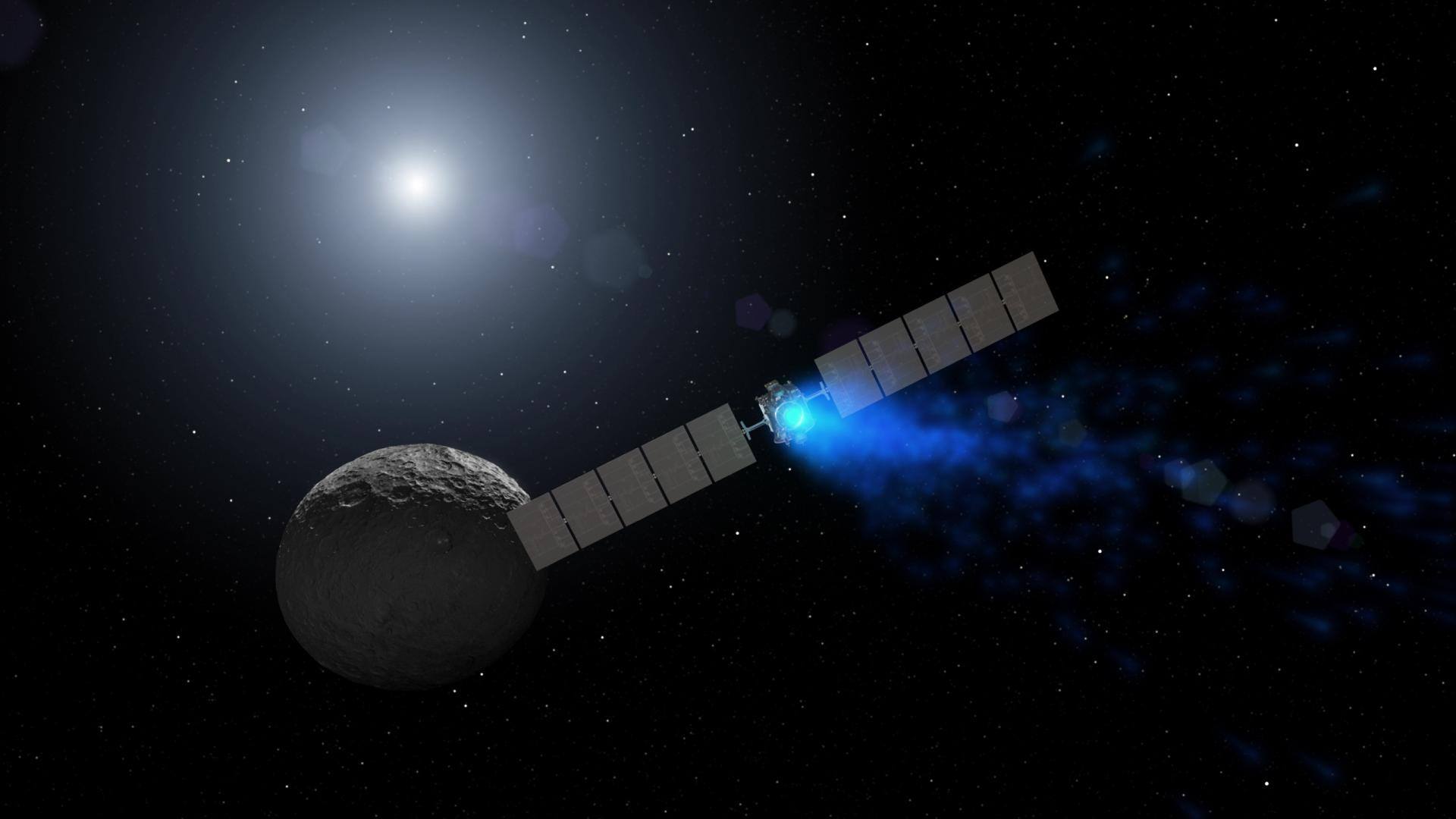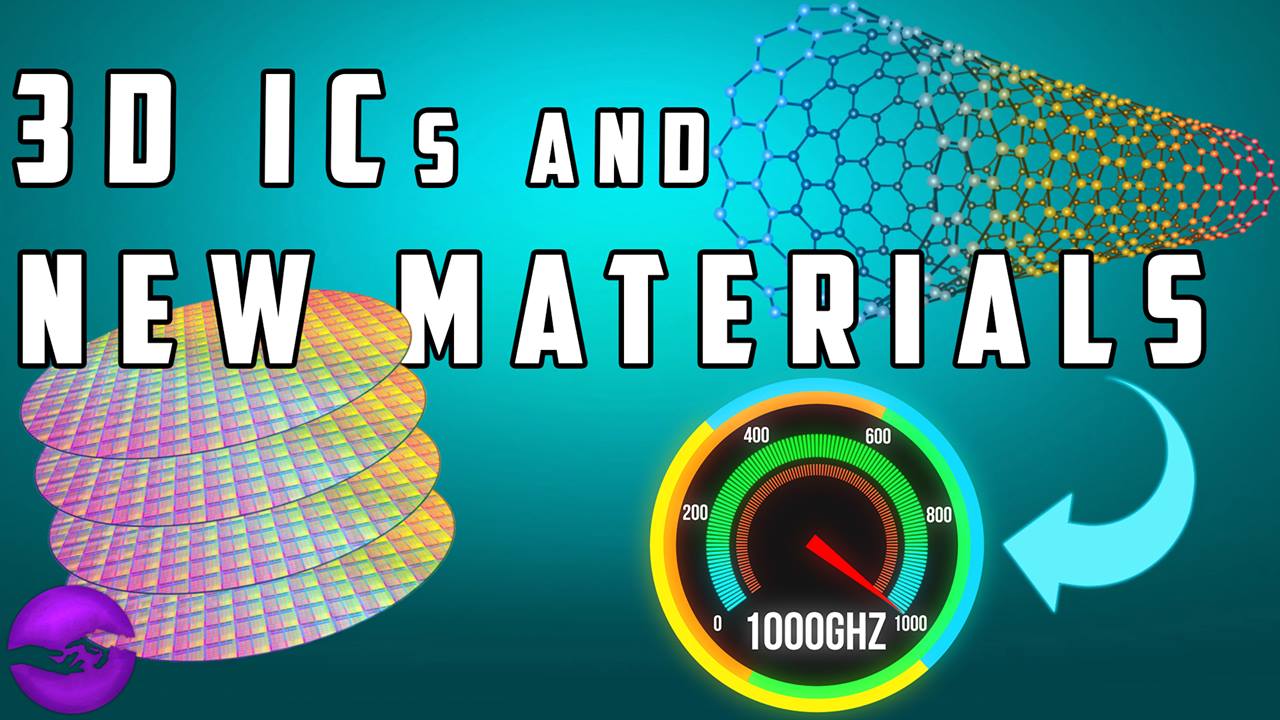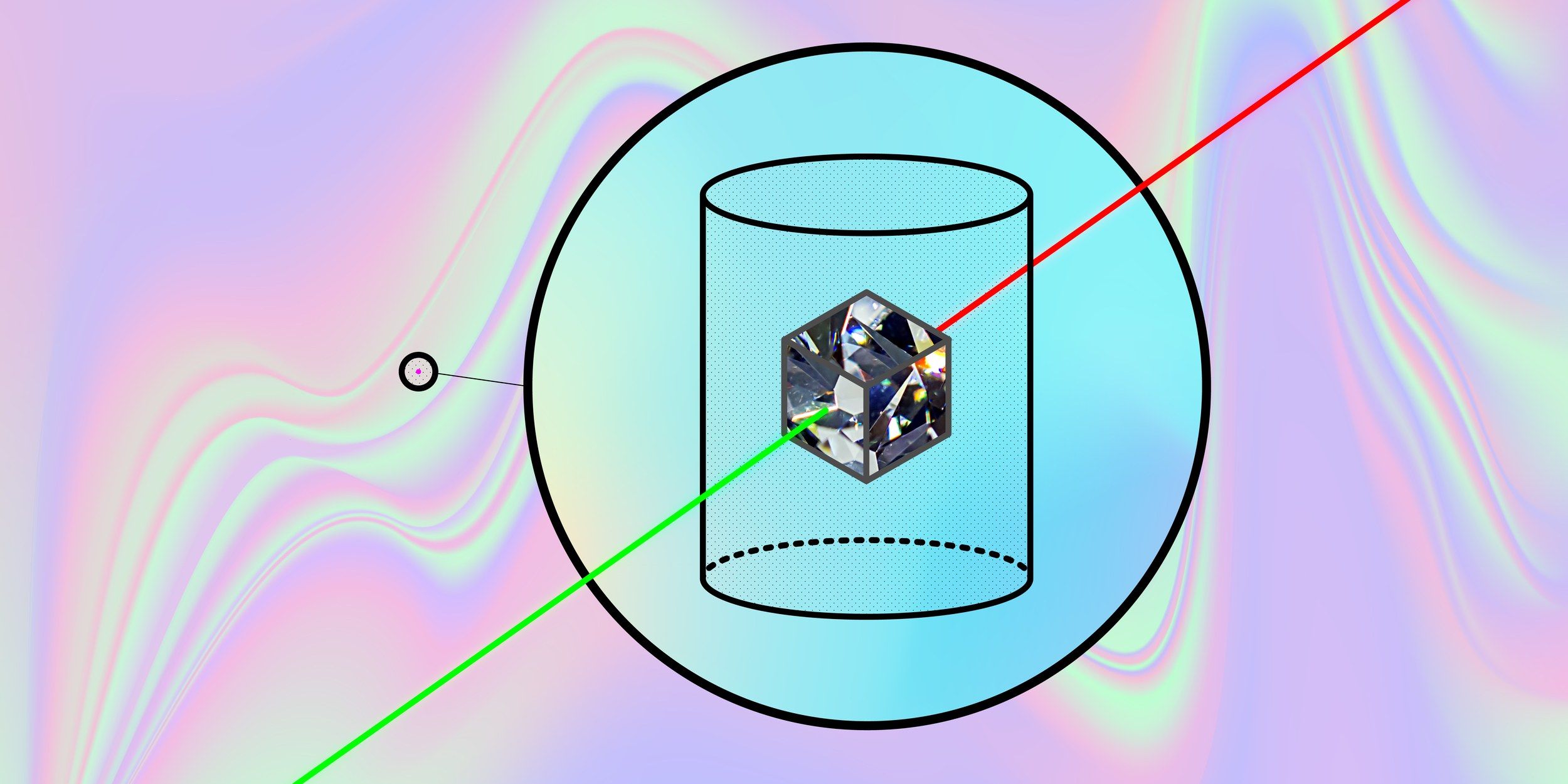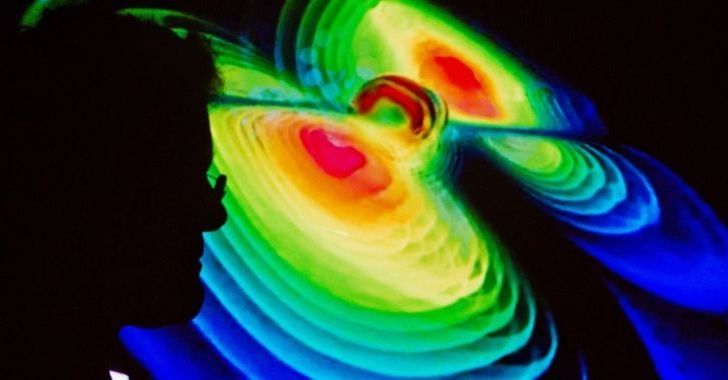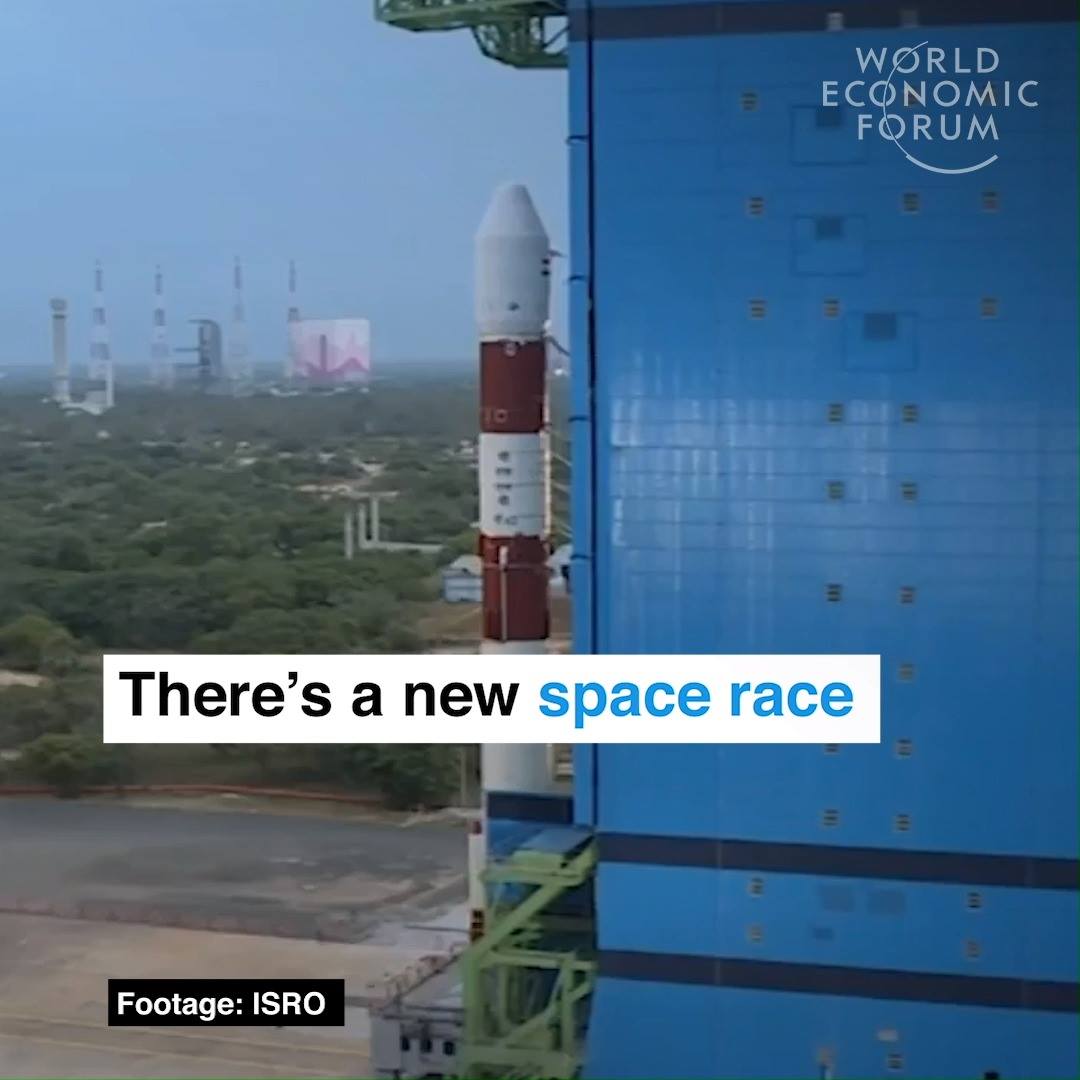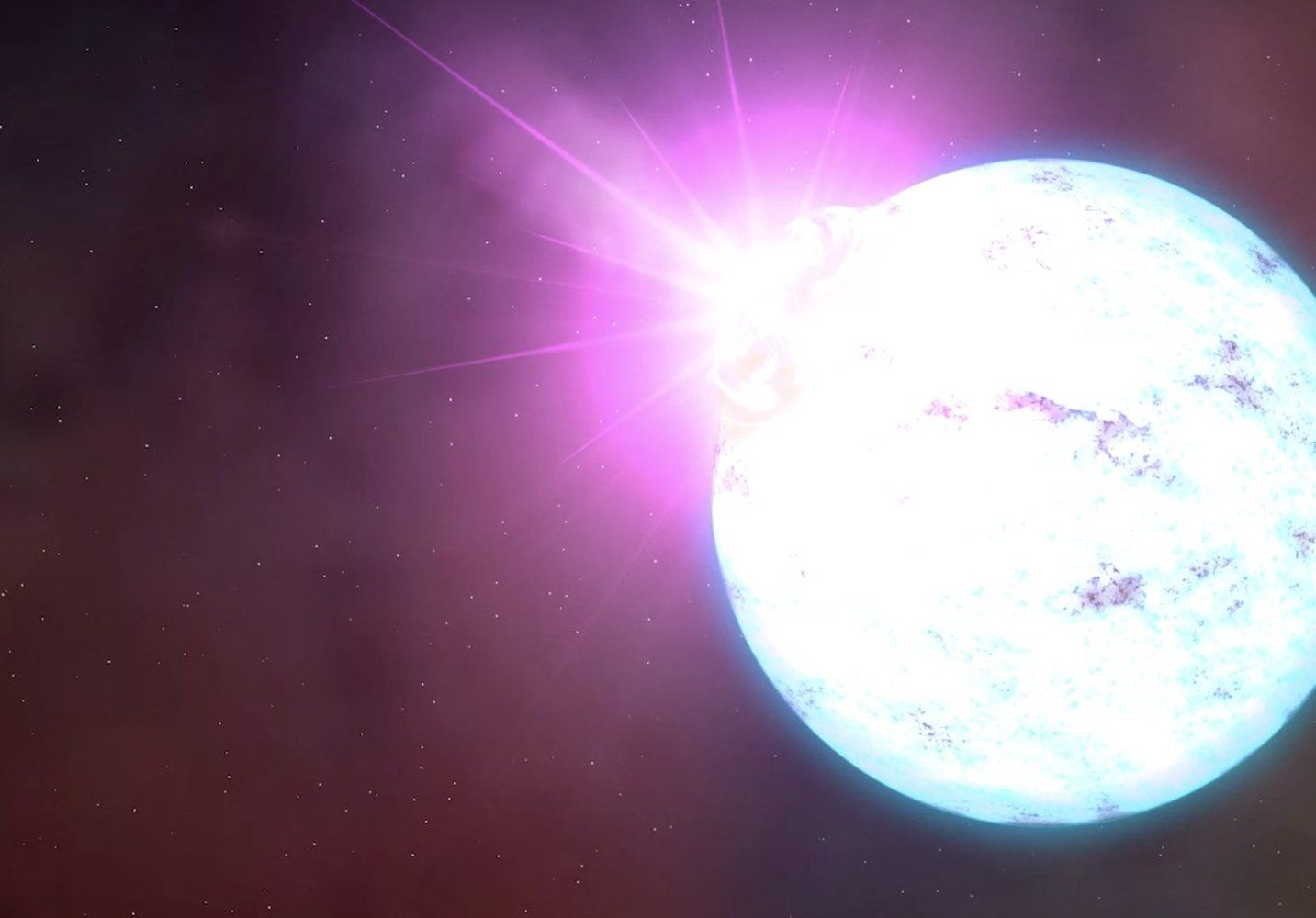
After guiding us across the universe, astrophysicist and Space.com columnist Paul Sutter closes his basic astronomy series this week by looking at the arguments for and against the existence of quark stars.
In Episode 12 of the Facebook Watch series “Ask a Spaceman,” Sutter continues to explore the topic of these stars, finishing a miniseries that began with Episode 10 and Episode 11. Scientists haven’t observed quark stars yet, but the objects may exist. Such a star would be a leftover remnant of a star that exploded and would be packed even more densely than a neutron star; the quark star would have such strong gravity that fundamental particles in the core, such as protons and neutrons, would break down into their constituent parts, called quarks.
“Is there any astrophysical scenario at all that enables them [quark stars] to appear in our universe?” Sutter asks in the new episode. At first, he suggests there might be some things we categorized a dwarf stars that are more dense and massive than what physics would suggest. So, maybe we have seen quark stars, but we can’t tell the difference between a quark star and a neutron star — they look too much alike, Sutter says. [Supernova Fail: Giant Dying Star Collapses Straight into Black Hole].
Read more
